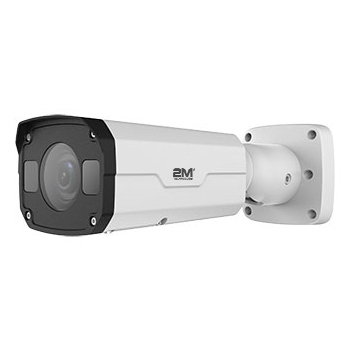If you are considering buying security cameras for your home or small business, here are some tips. If you want to install or upgrade your home surveillance system, you should be aware of some crucial steps. You should focus on the key functions of your camera, local privacy regulations, cybersecurity, and other factors. Whether the cameras are for residential or commercial spaces, it is important to consider all of these.
Camera Placement
When it comes to installing your security cameras, it is important to know where to install them. Outside of the business or house, it is important to cover every entry point. The cameras you install should be facing the entry points, so you can see people who are exiting and entering the building. Make sure your camera isn’t too far away so you can get a clear view of their face. A full-face view is important if you want the best image possible.
For indoor camera placement, it depends on what you are using the cameras for and the comfort level of the people using the cameras. If you are using indoor cameras to protect an asset, such as expensive household goods or electronics, the cameras should be directly facing the asset. Keep in mind that some people aren’t comfortable with cameras in their homes. It is wise to be mindful of the objective for indoor security and to determine if this is necessary.
Compromising Locations
You should think carefully about where you place your cameras so that the inhabitants won’t be compromised. Bedrooms and bathrooms, where people don’t know they’re being recorded, can be bad places to put a security camera. Also, you should be aware of where your outdoor cameras are pointed. It is important that your camera is only facing your property and not your neighbors to avoid privacy concerns.
Privacy Regulations
In particular, with residential security cameras, it is important to understand your local regulations as they can differ from state to state. A good way to declare you have security cameras is to get a sign stating that your property is monitored. This will let visitors to your home or business know they are on camera when they enter your property. Postings are sometimes legally required, depending on the state, so it is a good decision to have one. It is also helpful to let your neighbors know before you get the cameras, so they are aware of them.
Cybersecurity
If you use internet-enabled devices with your security cameras, you should operate on a separate network from regular home use. This will add another layer of security. If something does happen on the home side use of the network, your security system won’t be compromised. It is also important to know when updates are available and to monitor them to check they aren’t harmful.
Summary
Aside from these tips, it is important to recognize all the ways security surveillance systems can benefit you. Cameras have many uses besides security. They generate data that can be used for information or at home help. They can track when people get home or when packages get delivered. Cameras can keep track of schedules and use analytics to let users know of any anomalies.

